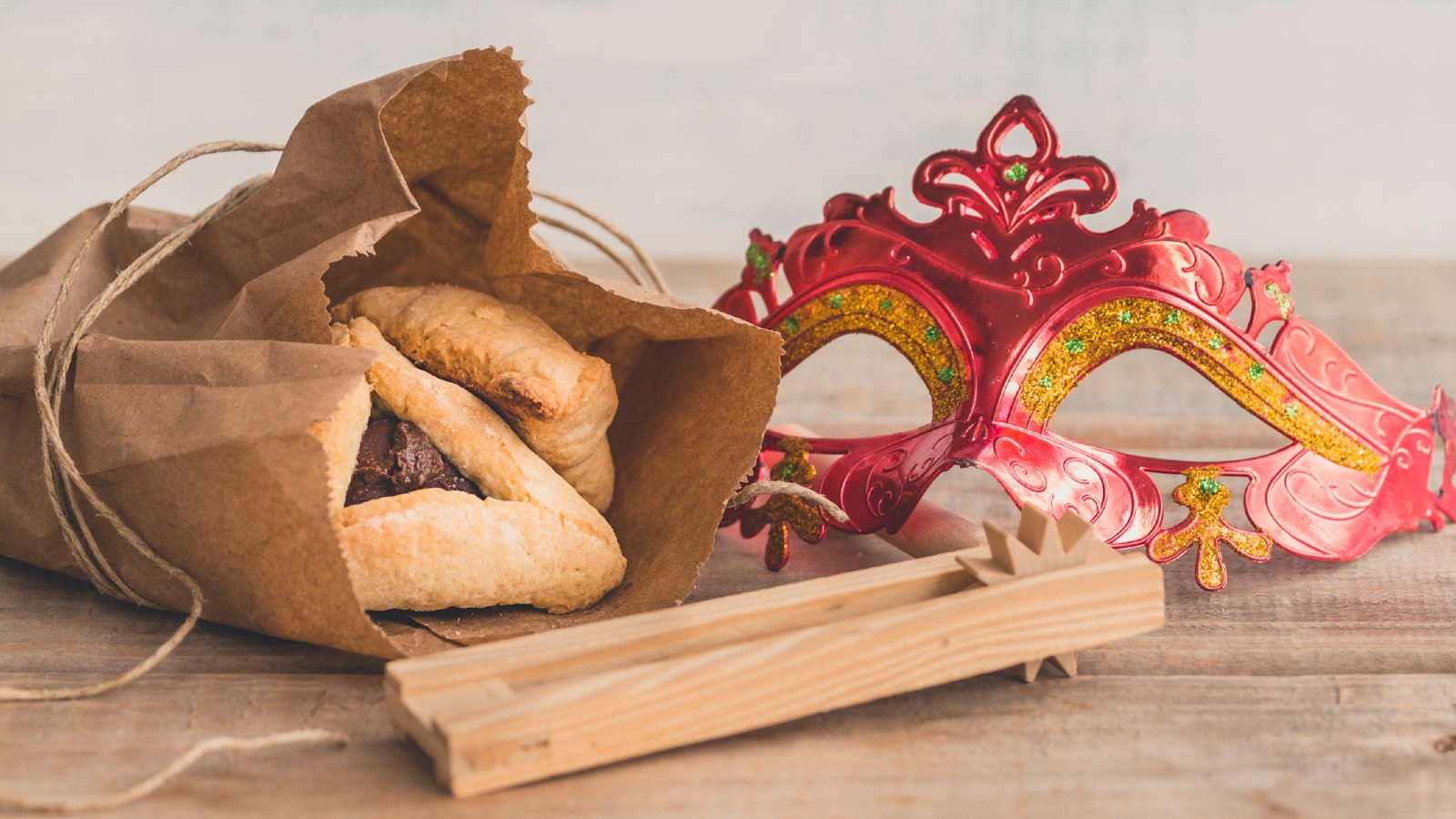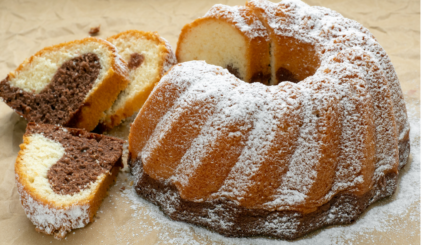Navigating the Jewish holidays can be tough during this pandemic. Celebrating without loved ones is hard; forsaking centuries-old traditions is hard; differentiating a holiday from the humdrum everyday is hard. And while we won’t be gathering in-person to hear The Book of Esther, participate in dress-up competitions, or party through the night this Purim, there is one tradition that we can continue to celebrate: giving food gifts AKA mishloach manot.
The Background
This tradition is actually a commandment from The Book of Esther. Rabbis through the ages have cemented the rules of mishloach manot: give at least one person a package composed of two different foods or beverages on Purim day itself.
Some say this practice came about as a reaction to Haman, who called the Jews a scattered nation; sending gifts to one another encourages communal spirit and proves him wrong. It’s also a way to ensure that everyone has a chance to celebrate Purim with a treat.
You don’t need me to tell you that you deserve a treat after the past year, but there’s a whole host of other reasons to embrace mishloach manot this Purim. Let’s get into them.
The Nosher celebrates the traditions and recipes that have brought Jews together for centuries. Donate today to keep The Nosher's stories and recipes accessible to all.
Share Your Sourdough
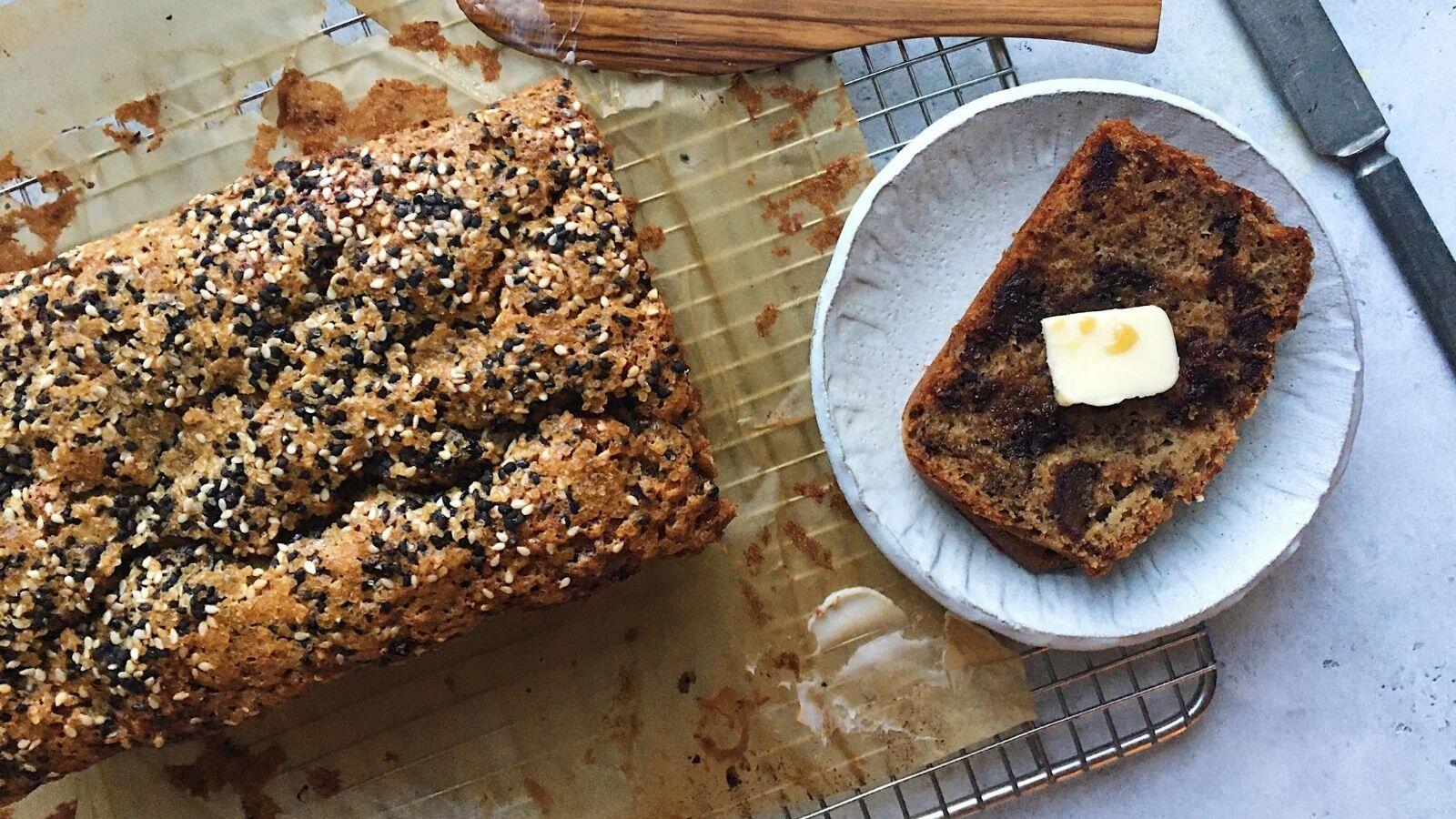
Lockdown inspired a baking renaissance; we kneaded away our anxieties, sought solace in sugar, and nurtured our sourdough starters — at least they could be kept safe in this increasingly scary world. Whatever trend you embraced, be it sourdough, challah, or flourless cakes, Purim is the time to share your newfound talent with loved ones. They’ll appreciate your 200th loaf of banana bread more than your banana-fatigued household will, anyway.
A Teachable Moment
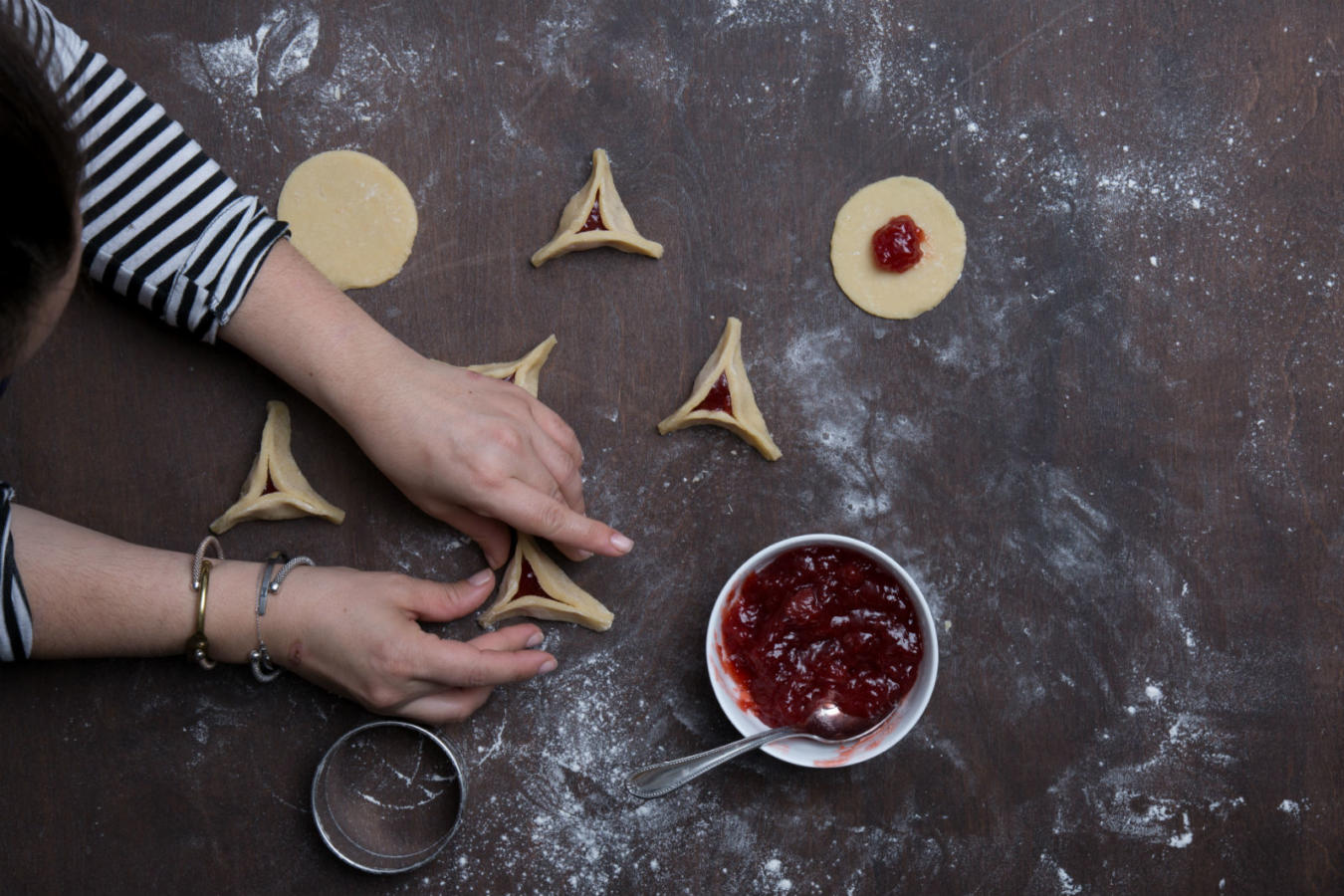
Lockdown’s been dragging on for what feels like a decade, you’ve exhausted every possible activity to entertain your kids, and you’re exhausted, too. Enter: mishloach manot. From cooking and baking your food gifts to wrapping them with a hand-drawn greeting card, this should keep the kids busy for a couple of hours, at least. Plus, they can get dressed up to deliver the gifts, so that people outside their immediate household can see their costumes this year, if only from afar.
It’s not only kids that can learn something from mishloach manot. In some communities where this practice is more common, it’s become marred by competition over the prettiest packaging or most original idea. Please remember: It’s the act of giving that’s important. Store-bought is fine! Simplicity is fine! Misshapen Hamantaschen are fine (and still absolutely delicious)!
If you’re pushed for time or funds but still want to make something special, try:
- A bag of coffee beans + hamantaschen
- A DIY s’mores kit
- Cornbread (from a box is fine) + a bottle of beer
The possibilities are endless…
Cooking is Caring
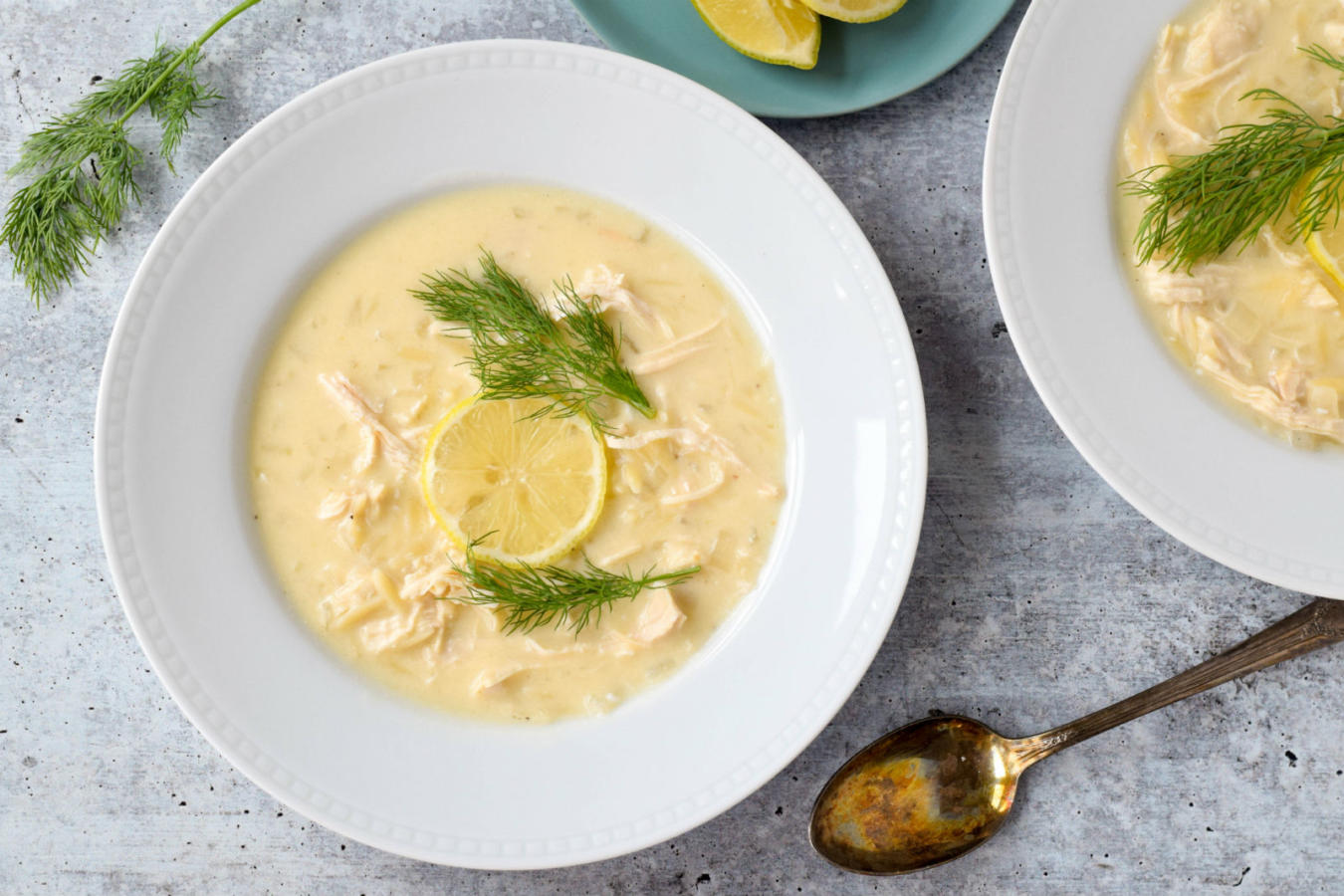
From a bowl of matzah ball soup when you’re sick to the lahmacun your grandma lovingly packaged in a Tupperware for you to take home, we Jews know the nurturing power of food. Sending someone a food gift this Purim is a way to connect with them, and to show them you care at a time when a hug may not be an option.
There’s no reason that mishloach manot has to be snacks; your food gift can totally be a meal, and may be all the more appreciated for it. Delve into the archives of Jewish comfort food for inspiration:
- A vat of chicken soup — be it avgolemono, chelo abgooshte gondi, or with matzah balls + dessert
- Sambousek + chopped salad
- DIY deli sandwiches — Rye bread! Pastrami! Hot Mustard! Pickles!
For many, Purim 2020 marked the start of COVID-19 affecting daily life. As we enter another Jewish calendar cycle of smaller, stranger holidays, let’s embrace this practice of mishloach manot, which celebrates community, connection, and care.
A note on food safety: There is no evidence that COVID-19 is transmitted by consuming or handling food (The Kitchn covers this topic exensively in this article) but you should practice safe food preparation — start with clean hands, surfaces, and utensils — and don’t cook or bake if you’re feeling unwell. Ensure social distancing while delivering the food, and that the receiver also washes their hands before eating the food.
If you are interested in joining an online Megillah reading, please click here to sign up for a reading through The Hub.
